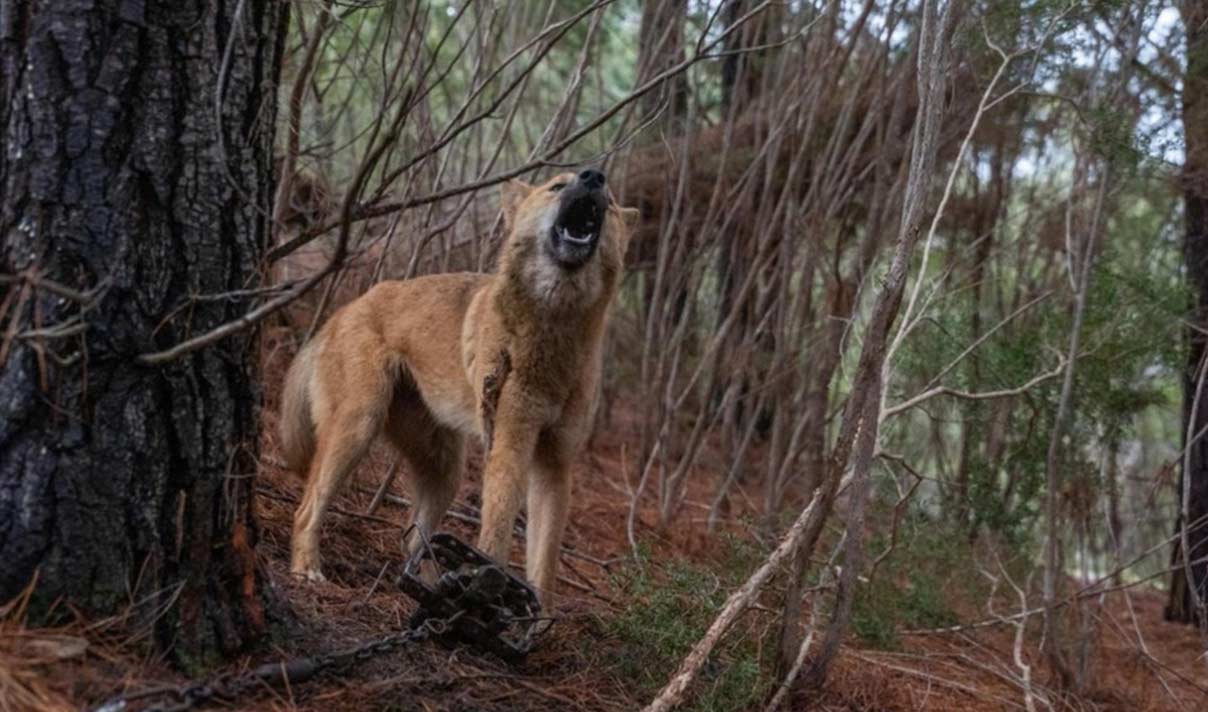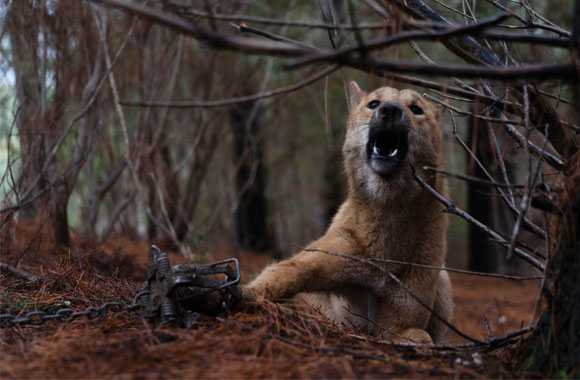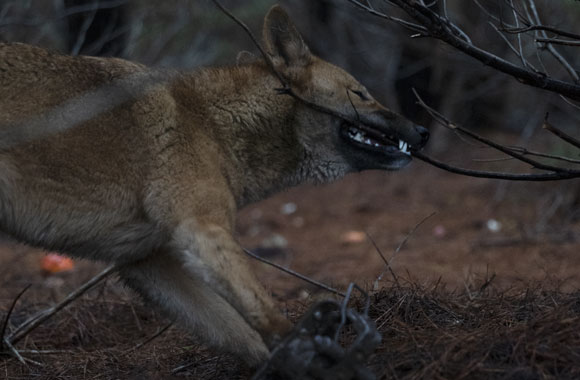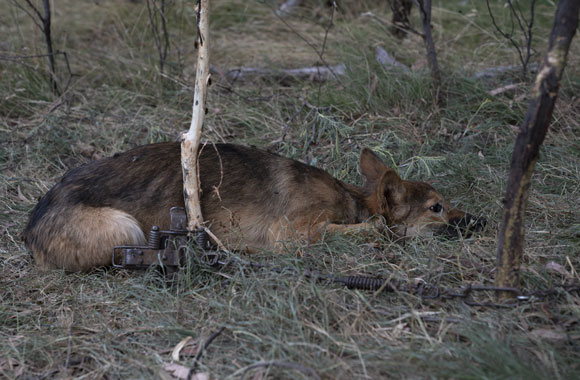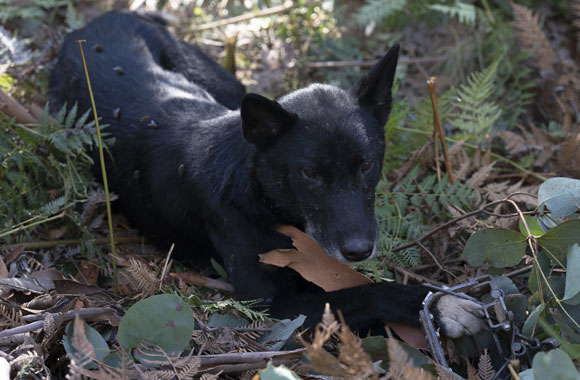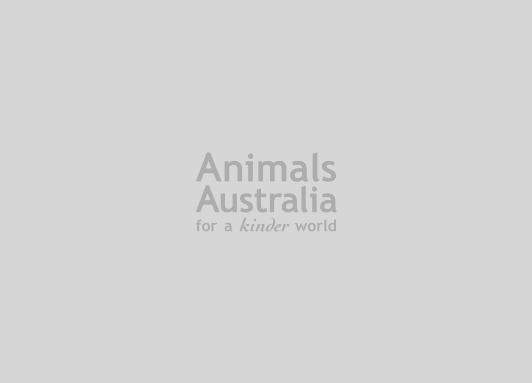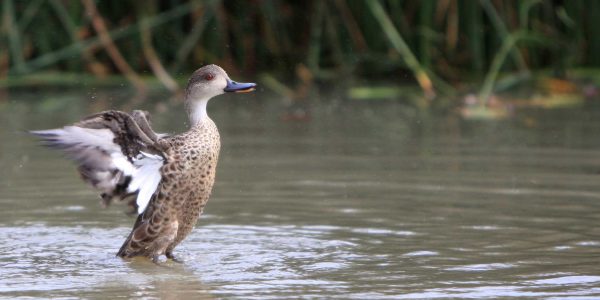REFERENCES
[1] Cairns, K. M., Crowther, M. S., Nesbitt, B., Letnic, M. (2021). The myth of wild dogs in Australia: are there any out there? Australian Mammalogy 44, 67-75.
[2] Refshauge G., Brien F. D., Hinch G. N., van de Ven R. (2016) Neonatal lamb mortality: factors associated with the death of Australian lambs. Animal Production Science 56, 726-735.
[3] King, B., Friend, M., Behrendt, R., Morant, A. (2013). Improving Survival of Lambs. EverGraze Exchange, 2.
[4] Kopp, K., Hernandez-Jover, M., Robertson, S., Abuelo, A., Friend, M. (2020). A Survey of New South Wales Sheep Producer Practices and Perceptions on Lamb Mortality and Ewe Supplementation. Animals 10, 2.
[5] Victorian State Government, Department of Energy, Environment and Climate Action. Our wildlife: Dingoes (accessed 29.10.2024). https://www.wildlife.vic.gov.au/our-wildlife/dingoes

